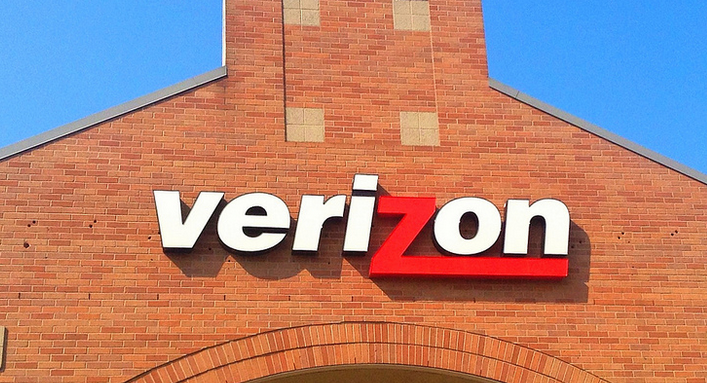FCC Looking Into Verizon “Supercookies” That Track Wireless Users’ Behavior
The Hill reports that FCC Chair Tom Wheeler recently sent letters [PDF] to various U.S. Senators who had expressed concerns about Verizon supercookies, which append an invisible header to all web traffic coming out of your phone.
The tracker, called a UIDH (unique ID header) is consistent and permanent. Unlike regular site tracking code, clearing out your cookies and upping your privacy settings doesn’t do anything about these. And they build a comprehensive, unique, entirely trackable history of basically everything you’ve ever Googled or visited on your phone.
“[W]e are looking specifically into carriers’ injection of header information and the collection and use of information about their subscribers’ Internet activity,” writes Wheeler. “As you suggest, we will be considering the extent to which our rules and policies relating to consumer privacy, data security, and transparency may be implicated.”
Fiercewireless notes that AT&T engaged in a similar tracking program, but discontinued it in 2014.
Verizon continues to use the supercookies, but now gives users the ability to opt out.
To opt out of the supercookies, Verizon Wireless users can log into the company’s website and change the setting under “Customer Privacy Settings.” Under that category, you’ll want Relevant Mobile Advertising to get rid of the supercookie. You may also want to consider using this opportunity to opt out of the other two listed programs: CPNI settings and Business and Marketing Reports.
Verizon customers can also call 1-866-211-0874 to opt out of the RMA program.
Want more consumer news? Visit our parent organization, Consumer Reports, for the latest on scams, recalls, and other consumer issues.


